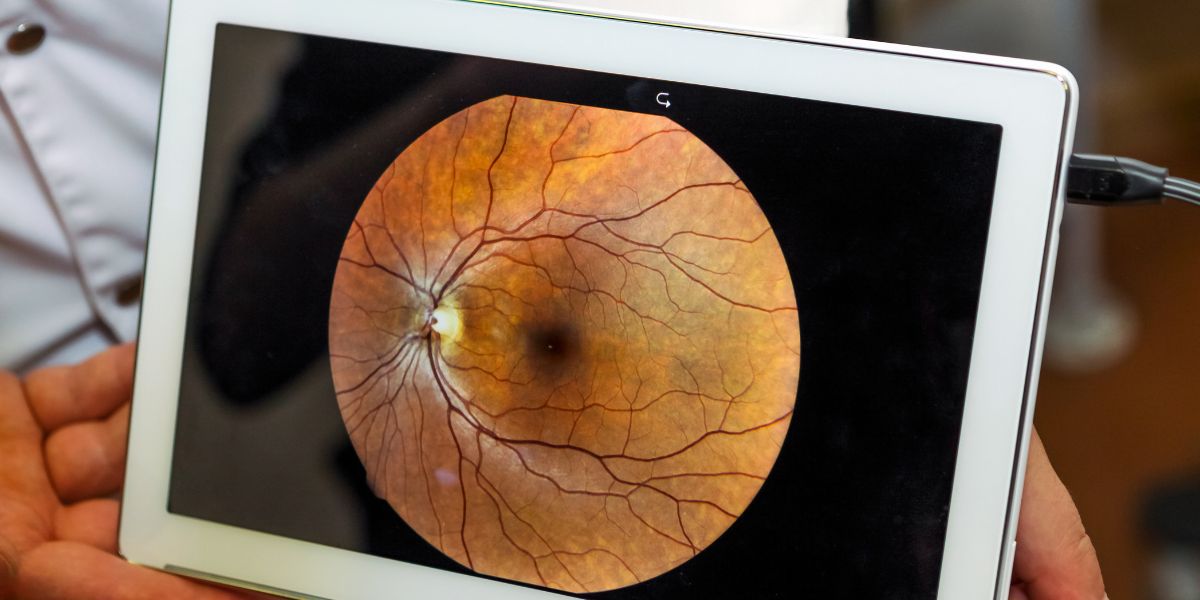Spending time in a hot tub can improve the heart health and blood pressure of people living with type 2 diabetes, latest research has shown.
Scientists from the University of Portsmouth have found that hot tub therapy can improve insulin sensitivity among people with type 2 diabetes.
Over a two-week period, 14 people with type 2 diabetes spent roughly eight to 10 hours sitting in 40°C water.
After sitting in the water, the participants saw that the insulin they produced worked better, the study has reported.
Lead author Dr Ant Shepherd said: “People with diabetes have high levels of sugar, which is what characterises the disease. What we want to do as scientists is to lower those sugar levels.
- Type 2 diabetes risk not lowered by high-dose vitamin D supplements
- What the choc: Dark chocolate could reduce type 2 diabetes risk
- Lowering systolic blood pressure can combat heart problems among people with type 2 diabetes
“There are ways in which we can do this, such as diet and exercise, or prescribing drugs. But although these treatments are effective, there can be barriers, which means other treatments are urgently needed.”
He added: “While research on hot water therapy is still limited, this study has clearly found that being immersed in a hot tub made the participants’ bodies more sensitive to insulin.
“The pancreas is like a battery; you can only produce so much insulin and at some stage—particularly in those with type 2 diabetes—it will run out.”
He continued: “If we can make people more insulin sensitive, producing less, it’s far better for the pancreas long-term.”
To ensure safety, the researchers monitored the participants blood pressure and heart rate every 15 minutes while they were sat in the hot tub.
Each participant was immersed up to their collar bones and the academics aimed for them to reach a target inner body temperature of 38.5 to 39°C.
Corresponding author Dr Thomas James said: “We also found that participants were burning less calories during the study, which means they were more efficient at rest.
- Type 2 diabetes risk among obese people reduced by tirzepatide
- Chemical in ultra-processed foods could cause leaky gut and increase risk of type 2 diabetes
- Earlier type 2 diabetes diagnosis linked to increased dementia risk
“This might sound bad, but if their bodies are more efficient at rest, it likely means we’ve improved their ability to cope with physical activity like walking up the stairs and playing with grandchildren. And the hope is that if they’re finding low intensity exercise easier, they might be encouraged to do more.”
He added: “The exposure to hot temperatures made the body work better, but not just while the participants were sitting in a hot tub – we also saw the heart having to work less hard days after they’d been immersed.
“While further research is needed, this study highlights an exciting possibility for managing type 2 diabetes with innovative heat therapy.”
He concluded: “We hope these findings could potentially extend to improved well-being, improved blood sugar control and better heart health for individuals with the disease.”
Read more in the Journal of Thermal Biology and the American Journal of Physiology.




